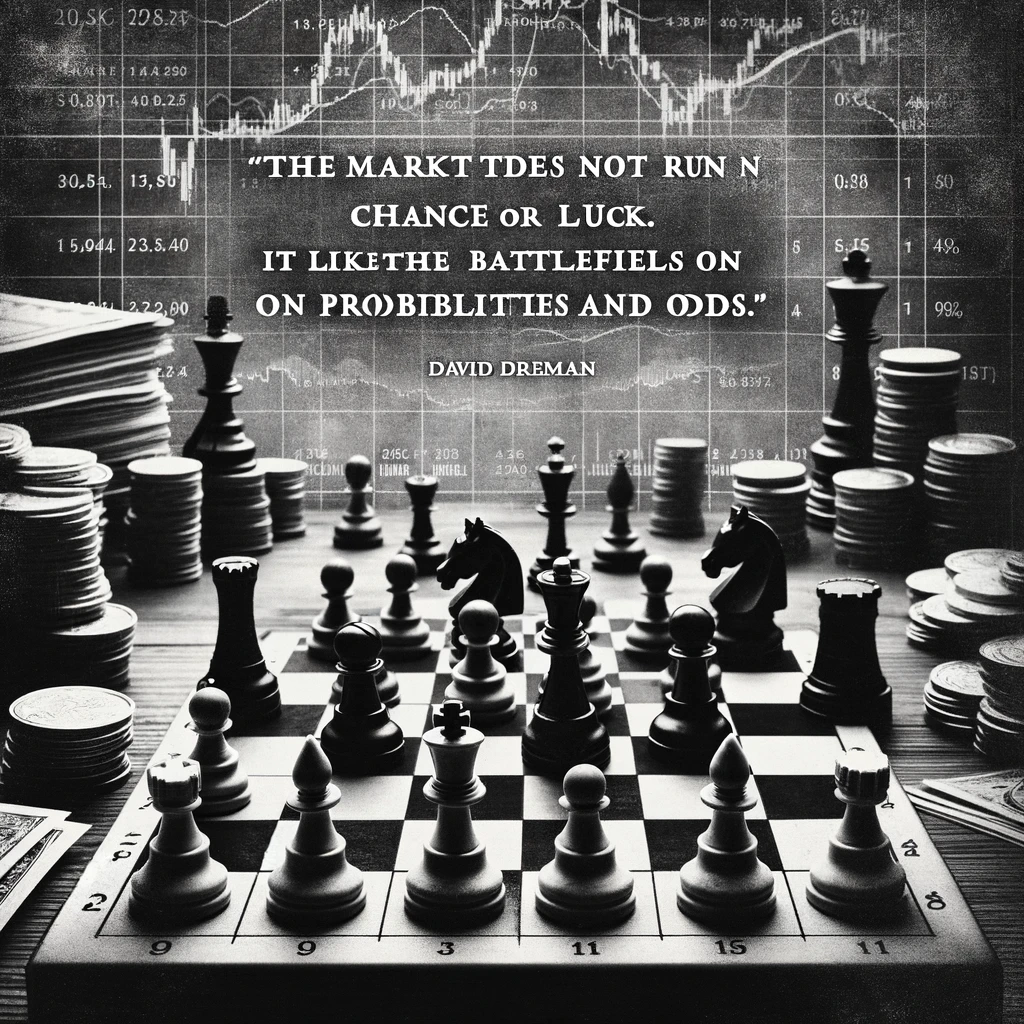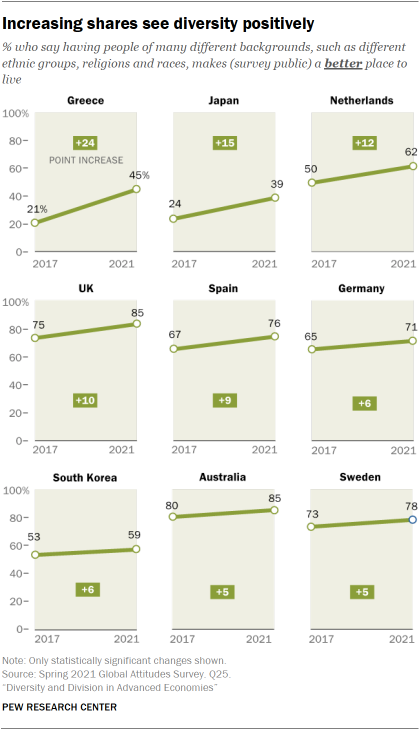The market does not run on chance or luck. Like the battlefield, it runs on probabilities and odds.
David Dreman (1936-)

In the realm of investing, the notion that success stems from luck or random chance is a myth that has been debunked by many of the world’s most successful investors. Among them, David Dreman stands out as a vocal proponent of a more analytical and methodical approach to the financial markets. Born in 1936, Dreman has made a significant impact on investment philosophy with his emphasis on contrarian strategies and the psychological aspects of investing. His insights into the market’s workings are profound, yet one of his most striking assertions is the comparison of the market to a battlefield, where success is determined not by chance, but by understanding and leveraging probabilities and odds.
This perspective challenges the conventional wisdom that often leads investors to make decisions based on hype, fear, or herd mentality. Dreman’s comparison of the market to a battlefield is apt in many ways. Just as a military strategist assesses the terrain, the strength of the enemy forces, and the likelihood of various outcomes before making a move, a savvy investor analyzes market conditions, evaluates the financial health of companies, and considers the broader economic landscape to make informed decisions.
The idea that the market operates on probabilities and odds underscores the importance of research, analysis, and discipline in investing. It implies that success in the financial markets requires a deep understanding of various factors that can influence outcomes. This includes macroeconomic indicators, company performance metrics, industry trends, and even the psychological factors that can drive investor behavior.
Dreman’s emphasis on probabilities also highlights the importance of diversification in an investment portfolio. By spreading investments across different asset classes, sectors, and geographies, investors can manage risk more effectively, increasing the odds of achieving consistent returns over the long term. This approach is akin to a military strategist deploying forces on multiple fronts to maximize the chances of victory.
Furthermore, Dreman’s perspective encourages investors to be contrarian, to think independently, and to be wary of the market’s mood swings. Just as a skilled general might see opportunity where others see only peril, a contrarian investor looks for value in undervalued stocks that the market has overlooked. This requires not just analytical skills, but also the courage to go against the grain, to invest based on conviction rather than following the crowd.
In essence, Dreman’s assertion that the market runs on probabilities and odds rather than chance or luck serves as a call to action for investors. It urges them to adopt a more disciplined, analytical approach to investing, one that emphasizes thorough research, risk management, and strategic thinking. By doing so, investors can navigate the complexities of the financial markets more effectively, making informed decisions that can lead to long-term success. Just as in a battlefield, where victory is achieved through strategy, preparation, and understanding of the odds, in the market, success comes to those who are best prepared to assess and act on the probabilities.
Related Posts
- 70Bonds have never been an attractive type of Investment. People consider them boring, conservative, with the least potentiality and the maximum uncertainty of the risk of losing money. Bill Gross, the co-founder of PIMCO (Pacific Investment Management Co.) managed to win the fear of the Bond market. He took his…
- 69Warren Buffett has been incredibly successful, and he's extremely wealthy. Warren Buffett's wealth jumped by around $12.7 billion in 2013 alone. But how much is $12.7 billion anyway? And how good an investor is Warren Buffett really? We've put together some facts that really put him in perspective. Read more: http://www.businessinsider.com/mindblowing-facts-warren-buffett-2014-8?op=1#ixzz3BZbB6BSz
- 68This paper considers an asset market where investors have private information not only about asset payoffs, but also about their own exposure to an aggregate risk factor. In equilibrium, rational investors disagree about asset payoffs: Those with higher exposure to the risk factor are (endogenously) more optimistic about claims on…
- 66Embarking on a trading adventure involves developing a systematic strategy, understanding trend following, and mastering risk management. Drawing on resources like Covel's "Trend Following" and Schwager's "Market Wizards," traders must cultivate patience and discipline. Continual learning and adaptation are crucial to navigating the ever-changing markets and achieving long-term success.
- 63One of the original five Harvard students who helped build the largest social network in the world walks into a gastropub just a few blocks away from the dorm room where it all began. The handful of students and staff who have returned to campus on this bitterly cold January…




